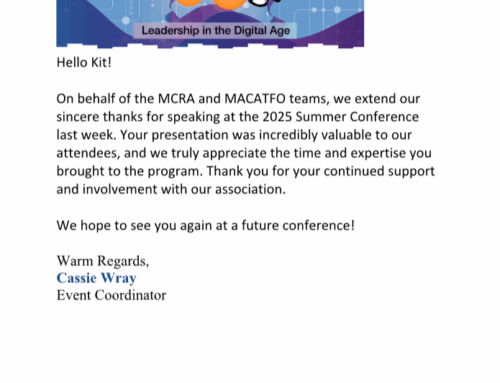Professionally, you may have had to deal with a lot of changes and challenges at work. Personally, you now may have aging parents and friends with serious health concerns. You sometimes may just want to throw in the towel and give up. You may need a dose of resilience.
If you look up the word resilience in the dictionary it would say something like this: Resilience is the capacity to recover quickly from difficulties; toughness, the ability of a substance or object to spring back into shape; elasticity.
The American Psychological Association describes resilience as the process of adapting well in the face of adversity, trauma, tragedy, threats or significant sources of stress – such as family and relationship problems, serious health problems or workplace and financial stressors. Resilience means “bouncing back” from difficult experiences.
The book, Resilience, written by Eric Greitens, purports that resilience is more like a virtue; a virtue that enables people to move through hardship and become better. If we have the virtue of resilience, from pain can come wisdom, from fear can come courage, from suffering can come strength.
Some experts believe resiliency is not a trait that people either have or do not have. Resiliency involves thoughts, actions, and behaviors that can be learned and developed by anyone.
The word resilience reminds me what John Wayne used to say, “Courage is being scared to death, but saddling up anyway.”
And you know what else John Wayne said? “I’m not the sort to back away from a fight. I don’t believe in shrinking away from anything. It’s not my speed; I’m a guy that meets adversities head on.”
I think resilience can be a choice. If we can monitor and manage our thoughts, understand our feelings, ask for a little help, and take action, we can recover…better…stronger…faster.




